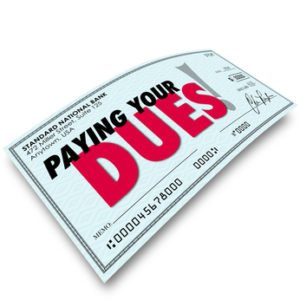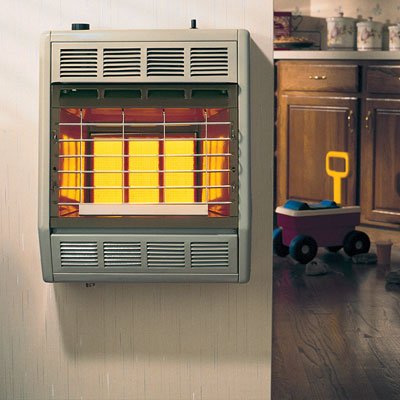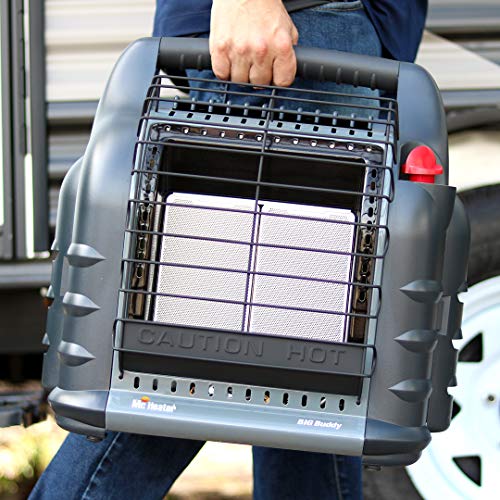A lawless society is like a ticking bomb; soon to detonate, collapsing itself and everyone around it. This is why the leadership, government, or administration of any community or region, must ensure that all hands are on deck in the fight against lawlessness or any activity that threatens the peace of the society.
Depending on different countries, the structure of governance may differ. An entire country is led by a president who delegates to governors and in turn, delegates duties to districts and councils.
Yet, the growing population of a country may be a good reason to set up more parastatals and officers to enforce relevant laws and regulations. One of these parastatals includes the offices of the Code Enforcement Officers. Therefore, can a code enforcement officer enter private property?
The operations of code enforcement officers may mandate that they enter the private properties of citizens at reasonable hours. Fire and code enforcement officers usually have access to a property to conduct a fire inspection.
Table of Contents
Who is a Code Enforcement Officer?
Code enforcement officers are municipal-based law enforcement agents who are saddled with the responsibility of enforcing certain laws, otherwise called ‘codes’ in their various consistencies and areas of operation.
These specific laws may range between construction regulations, fire, safety, health, etc.
It is of utmost importance that every city, region, and zone have a safety and regulatory body assigned to them to have the assurance of a secure and safe environment.
Can a Code Enforcement Officer Enter Private Property?
Amongst the fundamental human rights is the right to privacy and, unless it becomes needed to protect the peace of a community, should never be violated.
However, the provisions of the law for circumstances that may warrant a code enforcement officer’s entrance into your property.
The rights of code enforcement officers differ from one vicinity of the country to another, making it a bit uneasy to be sure.
However, it is a general rule that code enforcement officers should not have free access to your property without your permission or an issued search warrant.
If neither, the inspector can inspect your property only from the street or sidewalk and anything more may be taken up as harassment or violation.
What to Do When Code Enforcement Officer Enter my Private Property
Many times, a few code enforcement officers might be doing too much in discharging their duties. Should you feel violated in any way, be sure to ask questions and make necessary contacts with your attorney or lawyer.
Consulting them would help you make your decisions out of a place of being knowledgeable rather than being merely emotional.
You may have flouted a rule, unknowingly, and it may backfire if you take legal action against code enforcement officers without being double sure of the reasons for their seeming violations.
Is a Code Enforcement Officer a Police Officer?
Based on the scope of the duties and delegations of code enforcement officers, it is okay to believe that they are police officers.
However, they – just like police officers – are law enforcement agents who have their jurisdictions that differ from police officers, especially in terms of criminal cases, cases of arrests, civil cases, etc
Do Code Enforcement Officers Carry Guns?
The nature of the work of code enforcement officers requires self-defense mechanisms from time to time as it is known that unruly behaviors can’t but be expected from unscrupulous individuals.
However, code enforcement officers seldom possess firearms, guns, or grenades. Instead, they possess less dangerous weapons, told and self-defensive ammunition
Can Code Enforcement Officer Pull you Over?
In some districts, code enforcement officers – especially sworn government employees – may be empowered enough to pull you over should you be found erring the laid down rules, regulations, and codes. Regardless, you have the right to remain silent.
In general, you don’t have to talk to law enforcement officers (or anyone else) if you don’t want to stay away from police officers when you’re arrested or put in jail.
You will not be punished for refusing to answer a question. We recommend that you consult a lawyer before answering any questions.
In general, only the judge can order you to answer the question.
What are the Duties of Code Enforcement Officers?
In addition to what has been mentioned earlier, the activities of code enforcement officers range between various fields. Some of them are:
1. Fire and Safety
Code enforcement and fire protection officers have a legal, ethical, and ethical responsibility to correctly perform a fire inspection based on the fire rules they are tasked with enforcing.
Building owners and representatives will almost always be fire safety conscious if they have received a successful fire test of their building or place of business or must have clear data of any omissions or rule violations discovered during testing.
Fire and code enforcement officers normally have access to a property to conduct a fire inspection.
In the majority of inspections conducted, inspectors will encounter no resistance from construction officials.
However, inspectors should repeatedly note that the U.S. Supreme Court has ruled on behalf of landowners in many cases where entry rights are challenged.
2. Construction and Housing
Code enforcement officers review and approve all construction plans to ensure compliance with building codes and zoning regulations.
They inspect and monitor construction sites to determine if structures or systems present such as plumbing and electrical equipment will be installed per safety codes and regulations public.
Law enforcement officers may also inspect highways and roads, sewers and water systems, bridges, parks, and beaches to identify unsafe building conditions, unpleasant violations, or potential environmental or health hazards.
In the event of a breach, the Code Executor or Code Inspector can issue a subpoena or, in extreme cases, suspend the project.
These duties, among others, are required of code enforcement officers.
Conclusion
Code enforcement officers (or inspectors) deserve the cooperation of citizens to properly discharge their duties. It will be suicidal to oneself and society to deliberately resist their activities actively or passively. To achieve a society that is free of lawlessness, code enforcement officers should be allowed to properly discharge their duties. However, any suspicion of abuse of power must be reported for the good of all and sundry.









